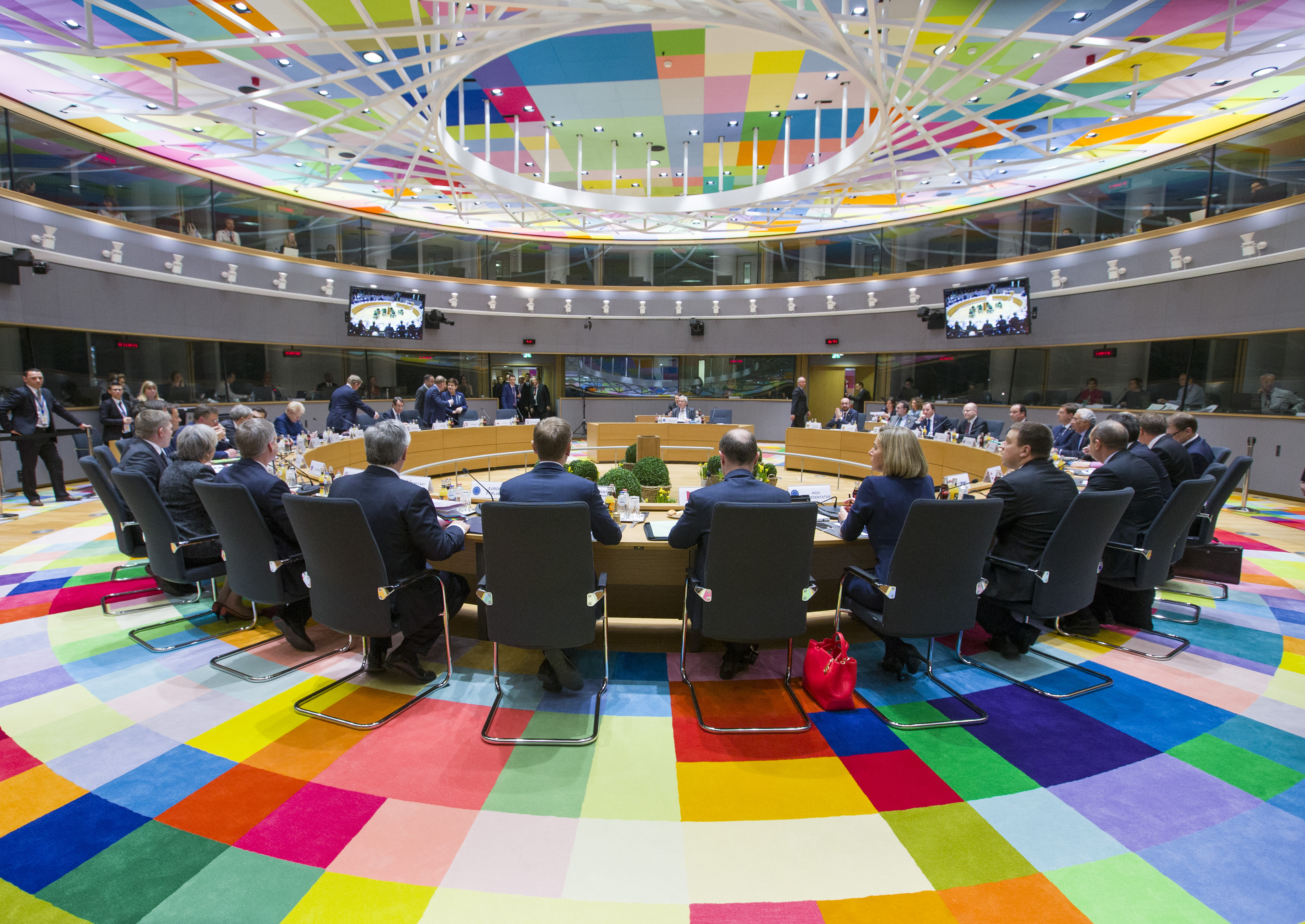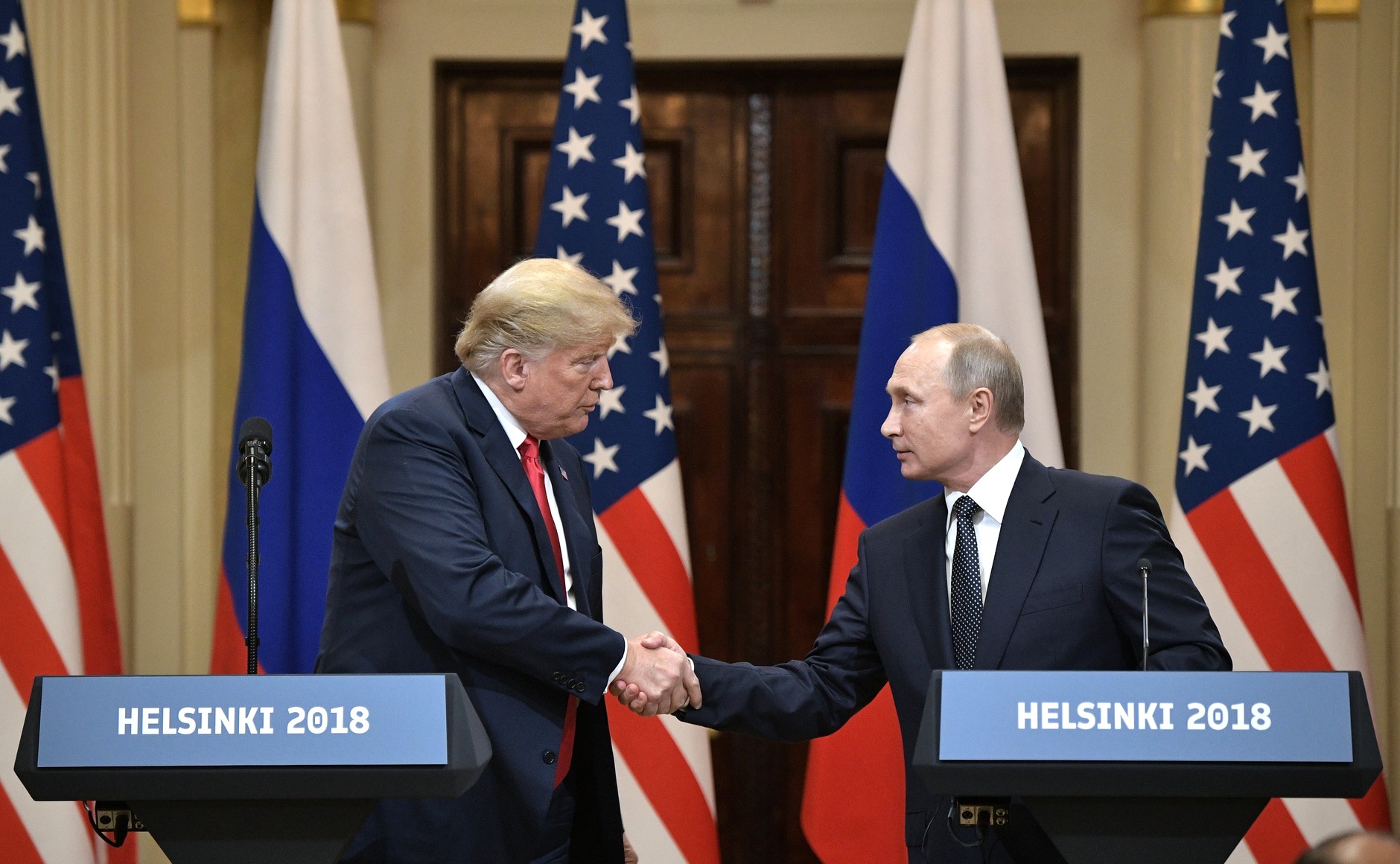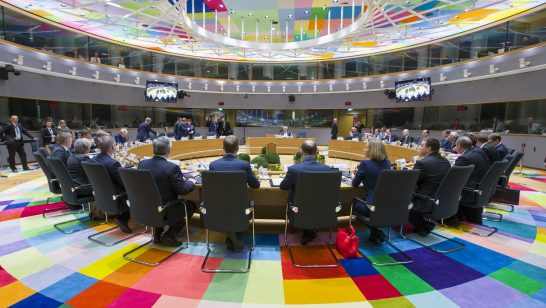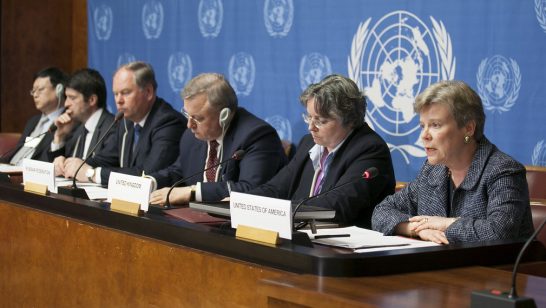
In a recent article published by the European Leadership Network, scholars Sico van der Meer and Michal Onderco argued “it [was] important to realise that the INF Treaty’s collapse is not only a risk, but may also be an opportunity. [That] Europe should not simply carry America’s water; it should use the situation to become a stand-alone actor.” Doing so, they suggest, “offers a chance for the EU to show it is able to act independently of the US in arms control.” So, can Europeans act independently in arms control with Russia, without America? Unsurprisingly, I suggest the answer is no – but not for the reasons put forward by the authors.
Calls for Europe to go it alone on arms control are understandable. They reflect a simple but uncomfortable truth: America has lost its interest in arms control. This development predates Trump. It started under the first term of the George W. Bush administration when Washington slashed two treaties of direct and indirect relevance for European security. In pulling out of the Anti-Ballistic Missile (ABM) Treaty, Washington triggered the build-up of new-generation second-strike weapons, now maturing on the Russian side. At the same time, insisting on Russian forces withdrawal from two dubious breakup regions in the post-Soviet space, America rendered a framework for regulating conventional force rations on the European continent – the Conventional Armed Forces in Europe (CFE) Treaty – irrelevant. Both actions were seen as unwelcome acts by those European countries not in immediate vicinity to Russia.
Another fact is that a number of European countries prefer an arms control solution, or at least a serious dialogue offer, to Russia over a military tit for tat in the current INF crisis. While Russia’s INF violations are putting European security at risk, countries such as Germany, the Netherlands, and others remain convinced that an arms control solution to the crisis is possible. The problem is neither Russia nor the United States seem to be willing to believe that. In the very few opportunities where Europeans have tried to take the lead – such as convincing Washington to offer transparency on the disputed Aegis Ashore missile defence installation in Romania in exchange for Russia demonstrating the SSC-8 – they were put down by their American patron.
Putting these two trends together, Europe’s deteriorating security and America’s unfortunate role in arms control, one could come to the conclusion that dealing directly with Russia would be a sensible option. And Van der Meer and Onderco propose for the desperate Europeans: “no Russian missiles prohibited under the (former) INF Treaty targeting Europe, in exchange for no deployment of any such missiles on [Europeans’] own territories.” What might look good at first sight is unfortunately a pie-in-the-sky. However, that is not because Europe lacks the relevant experience in verifying force deployments as is claimed by the authors. The basic problem is a lack of European capabilities. How credible is a pledge not to do something that you cannot do in exchange for a pledge from the other side not to continue what it is already doing? To put it simpler terms – how could the EU offer to negotiate over arms that it does not possess? Moreover, why should America develop costly new INF-range missiles just so Europeans can trade and bargain them away? Finally, who is to say that countries such as Poland would not be excited to deploy exactly those missiles, thus, contradicting any non-deployment pledge?
Instead of spending time chasing ghosts, Europeans should engage in two serious and interrelated debates. First, they need to find consensus on how to counter Russia’s INF violations without undermining alliance unity and without eroding crisis and arms race stability. I have offered a number of suggestions in a recent piece, such as economic sanctions, additional missile defences, rotational bomber deployments or increasing US naval presence in European waters. Second, they need to make sure that any potential military response comes together with a feasible arms control offer to Russia – I offer five potential routes to doing so in ‘Five Ways to Save INF’s Legacy’. However, in doing so Europeans should make sure to have America on their side. This is sensible for as long as Europeans are ultimately dependent on US security guarantees. If Europeans do not like that fact, they first should build up their own military capabilities in order to become fully autonomous. For as long as this key first step toward European strategic autonomy remains a distant and blurry vision, they should not and cannot take the second: laying down arms they currently do not possess.
The opinions articulated above also do not necessarily reflect the position of the European Leadership Network or any of its members. The ELN’s aim is to encourage debates that will help develop Europe’s capacity to address pressing foreign, defence, and security challenge





